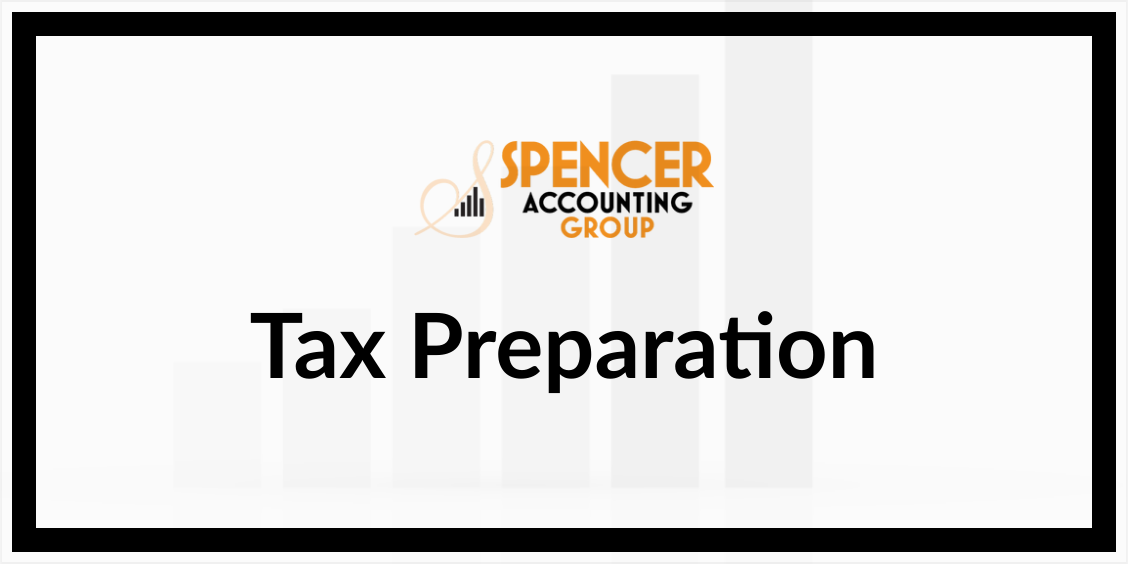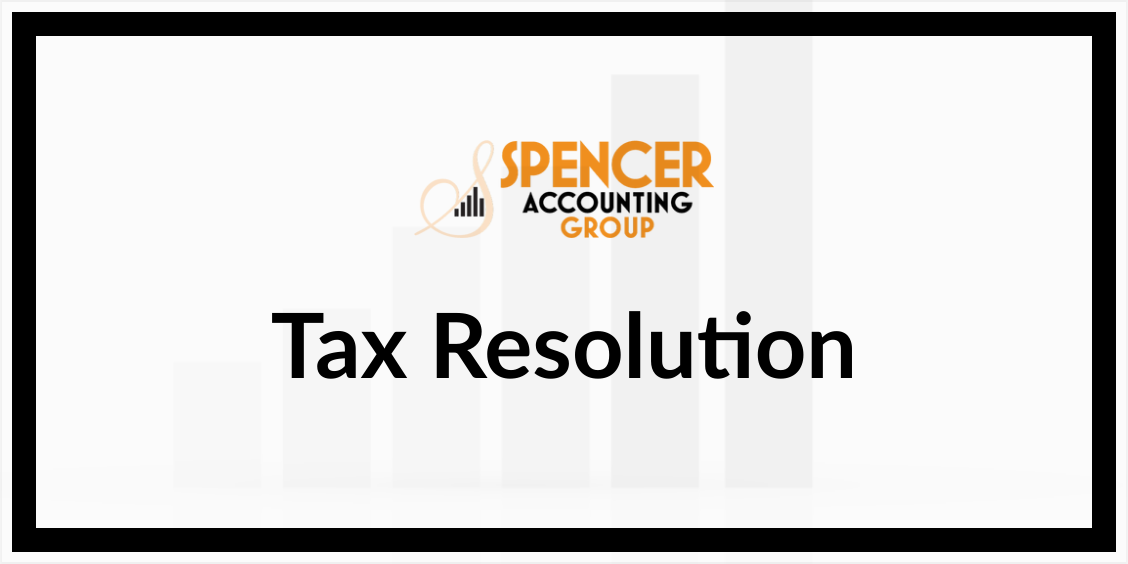|
Here’s good news: the properly used business vacation home or condo does not suffer from
In these days of COVID-19, you may have solid reasons to use your vacation home or condo for two purposes only:
How Business Use Escapes the Dreaded Vacation-Home Rules Do you use your business vacation home or condo solely for business lodging? If so, you escape the vacation-home rules and may deduct your business-lodging costs. The law is very clear on this. The vacation-home section of the tax law, Section 280A(f)(4), states that nothing in the vacation-home rules shall disallow any business deduction for business travel. Example 1. You use your beach home for overnight business lodging 37 times during the year. You have no personal or rental use of the beach home. Your beach home is a business asset and deductible as such. One exception to this business-lodging rule. The law does not grant the business-lodging exception to landlords who rent dwelling units. If you have apartment buildings or other residential rentals, staying at your vacation home or condo to look after your rentals does not let you escape the unfavorable vacation-home rules. Example 2. Fred uses his beach home for 70 nights of business lodging and 30 nights of personal lodging. He has a 70 percent business-use beach home and a 30 percent personal-use beach home. Planning note. Fred has his tax home where he regularly works, in New Jersey. He travels to his South Carolina beach home location to conduct business in South Carolina. His business activity is what makes his overnight stays at the beach home business stays. How Rental Use Changes the Landscape If you rent the vacation home or condo, you really change the tax picture. For example, if you use the vacation home or condo for personal, business, and rental purposes, you could trigger
Looking at this list, you might ask, “How can I avoid all these additional considerations and still rent out the vacation home or condo?” Answer: rent for 14 days or less. Technically, that works. Build Proof
In addition to keeping receipts for the business condo’s expenses and improvements, you need to prove how many nights you slept in the vacation home or condo for both business and personal purposes. Notations on your business and personal calendars are helpful but not conclusive. For your business activities, you want proof of why you had to be at the beach home. Example 3. Sara sells real estate at both her tax and beach home locations. She tracks her prospects and activities at each location. Do as Sara does. Also, keep your eyes open for third-party and other corroborative evidence of use. Do you have emails, letters, and other proof of why you had to travel to the beach home? If so, print the emails and save them along with the written letters in your tax file. Do you have evidence of being in the area, such as gas, grocery, and dining receipts? Proving use of your business condo is easy and takes very little time. Documentation is essential. Don’t pass over this critical step. Ownership Do you own the vacation home or condo in your personal name? If so, and you operate as a
Why not use a rental arrangement with your corporation? Because you are an employee who likely uses the vacation home or condo for more than 14 days of personal use, you want to avoid a rental arrangement that could cost you your depreciation, repairs, and similar expenses. The reimbursement method works and creates no complications. Use it. If the corporation owns the vacation home or condo, you should reimburse the corporation for your personal use so as to avoid the monies showing on your W-2 and increasing your taxes. If you would like to discuss your vacation home or condo possibilities, don’t hesitate to Contact us.
0 Comments
Leave a Reply. |
We're Here to HelpGet advice from our experienced network of financial managers. If you Value our Blog, We have an ask.We spend hours researching data to help you understand your finances and taxes, including historical context, issues, and solutions. Our goal is to empower people to improve their relationship with money. Please consider a $3 donation today. Important Disclosures
Spencer Accounting Group, LLC does not provide investment, tax, legal, or retirement advice or recommendations in these blogs. The information presented here is not specific to any individual's personal circumstances. AuthorKeana Spencer is an Accountant, Entrepreneur, and Educator to her clients, with a strong passion. Keana has over 10 years of experience and through her practice, she is a source of knowledge and strategies to her clients. |

 RSS Feed
RSS Feed




